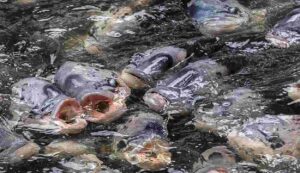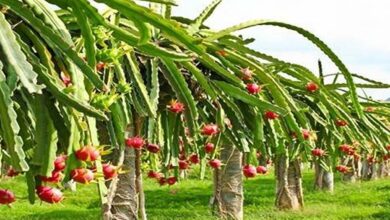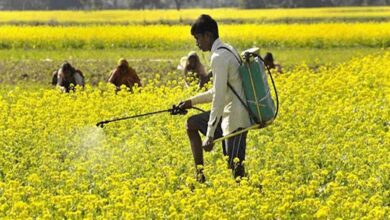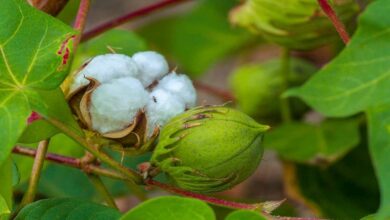Fish Farming: Know how to take care of fish in winter season
Fish Farming: Farmers that raise fish have long faced difficulties during the cold months. The fish’s development and well-being are negatively impacted by the reduction in water temperature during this period. Farmers must endure significant losses if appropriate care is not taken at this time. However, farmers may have to lose as much as 60% of their fish. During the winter, fish mortality and growth inhibition due to cold are frequent issues. However, these issues may be prevented if appropriate safety measures and methods are used.

In order to make fish farming safe and lucrative over the winter, we will provide information on the required safeguards and methods.
Preserving the Water’s pH level and Quality
Maintaining the pond water’s quality for fish over the winter is crucial. Water should have a pH of seven to eight. It may be adjusted by using lime. For about two to three months, the pond water should be treated with 100 kg of lime per acre every ten to fifteen days. Lime cleans the water and makes it a fish-friendly habitat.
To prevent fungal infections in the pond, copper sulphate, also known as tutia, may be used. For every acre of water, add 400 kilos of copper sulphate. Do this again once every fifteen days.
Cleaning the Water and Controlling Pests
Fish health during the winter months greatly depends on the cleanliness of the water. Use 400 grams of potassium permanganate per acre per meter of water to maintain the pond’s purity. It gets rid of germs and other bad things. Organic pesticides may be used if there is a pest issue in the pond. The insect issue is managed by adding natural pesticides, such as turmeric, to the pond water. To maintain the right water temperature, clean the pond often and sometimes replace the water.
Keeping the water’s Temperature Constant
The most crucial element for fish throughout the winter is the water’s temperature. The temperature of the water affects fish development and health. In frigid weather, periodically check the water’s temperature. Cover the pond with tarps or another material if necessary. By doing this, the water temperature will be regulated and the fish will be shielded from the cold.
Examine the fish’s condition
In winter, special attention should be paid to the fish’s health. Examine the fish often, and get medical advice right once if any illness or unusual signs are seen. Treat the ill fish after separating them from the others.
What should be done in the winter for Fish Farming?
- Keep the water’s pH in the range of 7-8.
- Make sure the pond has the proper quantity of copper sulphate and lime.
- For water purification, use potassium permanganate.
- If necessary, cover the pond and periodically check the water temperature.
- Regularly check on the fish’s health.
What should not be done in winter for Fish Farming?
- Fish shouldn’t be kept in unclean water.
- The fish may get ill if you abruptly leave them in chilly water.
- Avoid adding too many chemicals to the water. The fish may suffer as a result.
- Keep healthy fish apart from ill fish.
Make Wintertime Fish Farming Lucrative
Production may be raised by taking care of the fish throughout the winter and keeping the pond clean. Use the appropriate quantity of food since fish eat more slowly in the winter. Water may get contaminated by too much food. Profitable fish farming is possible if the proper methods are used. The losses brought on by fish farming during the cold season may be significantly decreased with prudence and effective management. In addition to maintaining the fish’s health, this raises the farmers’ revenue.





